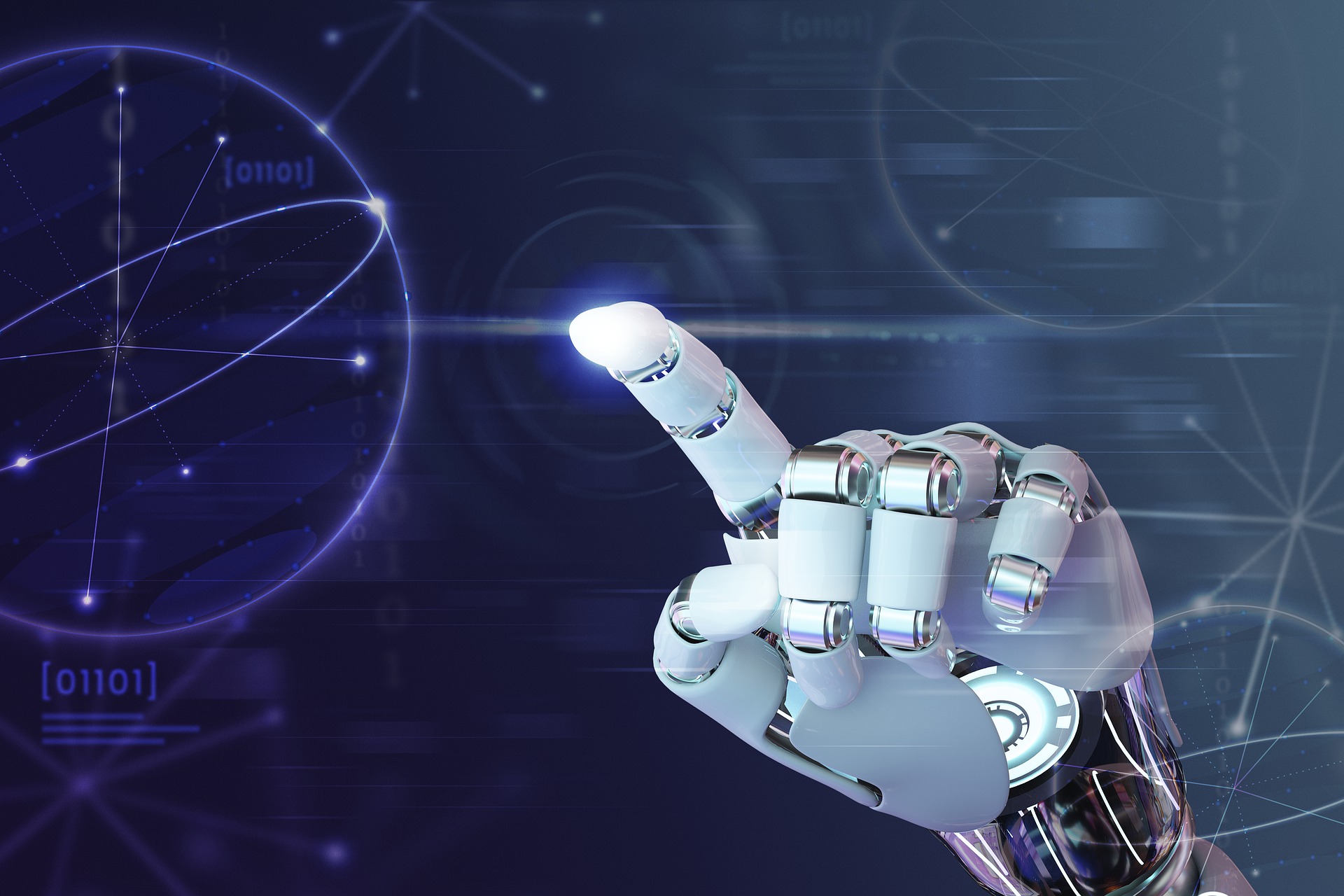Artificial Intelligence
Introduction: Artificial Intelligence (AI) has emerged as one of the most transformative technologies of our time. It’s no longer the stuff of science fiction; AI is a reality that’s reshaping industries, solving complex problems, and influencing our daily lives. This comprehensive guide delves into the world of Artificial Intelligence, exploring its core concepts, applications, and the exciting future it promises.
What is Artificial Intelligence? Artificial Intelligence refers to the simulation of human intelligence in machines, allowing them to perform tasks that typically require human intelligence, such as problem-solving, understanding natural language, recognizing patterns, and making decisions.
Types of Artificial Intelligence:
- Narrow AI (Weak AI): This AI is designed for specific tasks and operates within predefined limits. Examples include virtual personal assistants like Siri and Alexa.
- General AI (Strong AI): This represents a form of AI that can understand, learn, and apply knowledge across a wide range of tasks, similar to human intelligence. General AI is still a theoretical concept and hasn’t been fully realized.
Key Components of AI:
- Machine Learning: AI systems often use machine learning algorithms to learn from data and make predictions or decisions.
- Natural Language Processing (NLP): This enables machines to understand, interpret, and generate human language.
- Computer Vision: AI can analyze and interpret visual information, allowing for applications like facial recognition and image analysis.
Applications of Artificial Intelligence: AI has a profound impact across various domains, including:
- Healthcare: AI is revolutionizing disease diagnosis, drug discovery, and personalized treatment plans.
- Finance: It’s used for fraud detection, algorithmic trading, and credit scoring.
- Transportation: AI powers self-driving cars, optimizing traffic flow, and improving logistics.
- Retail: It enables personalized recommendations, demand forecasting, and supply chain optimization.
- Education: AI supports personalized learning, automated grading, and educational chatbots.
Challenges in Artificial Intelligence: AI faces challenges like ethical concerns (such as bias in algorithms), data privacy, and the potential for job displacement. Striking the right balance between technological advancement and societal impact is crucial.
The Future of Artificial Intelligence: The AI field is continually evolving. Some exciting developments include:
- Explainable AI (XAI): Making AI systems more transparent and interpretable.
- AI Ethics and Governance: Establishing guidelines and regulations for ethical AI development and use.
- AI in Space Exploration: Leveraging AI for autonomous spacecraft and interplanetary exploration.
Conclusion: Artificial Intelligence is at the forefront of innovation and change. Whether you’re a business seeking AI solutions to enhance productivity or an individual curious about the AI revolution, understanding and harnessing the power of AI is a journey worth embarking upon. Stay updated with the latest trends and developments in AI, as this technology continues to shape the world in unprecedented ways.



